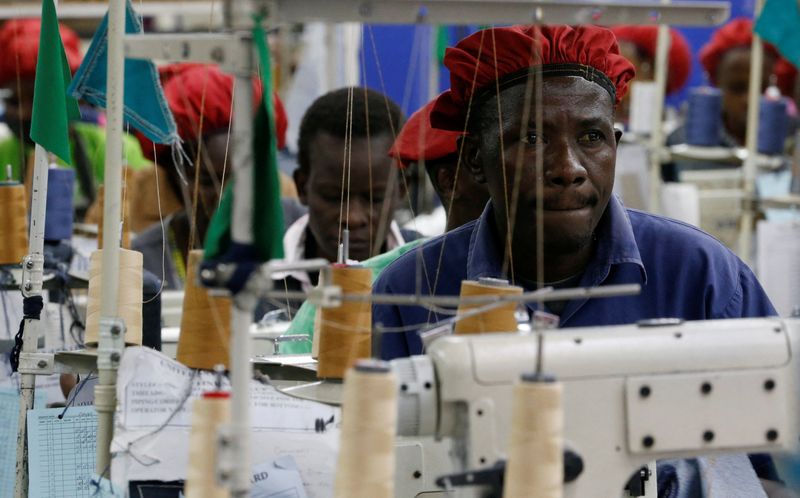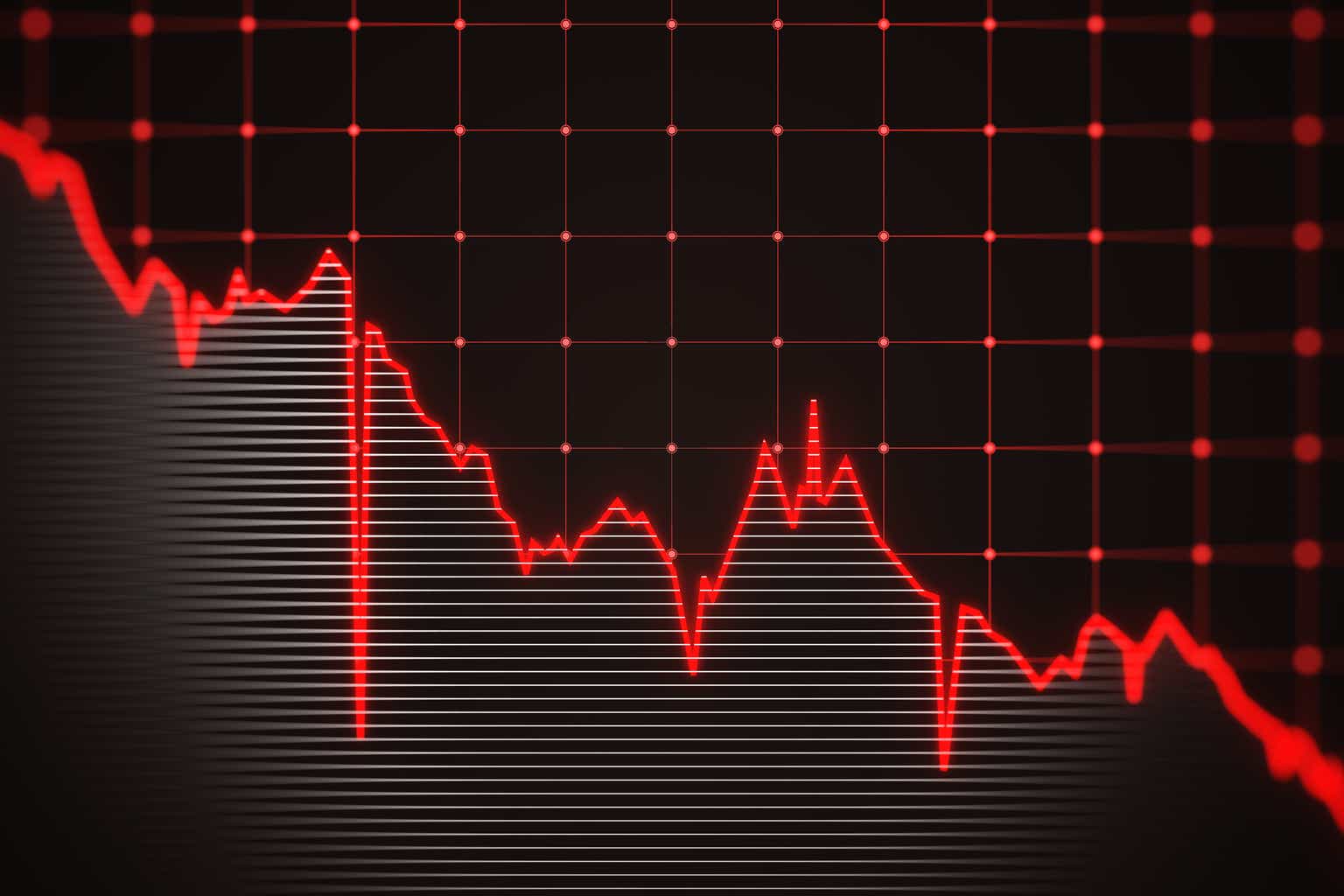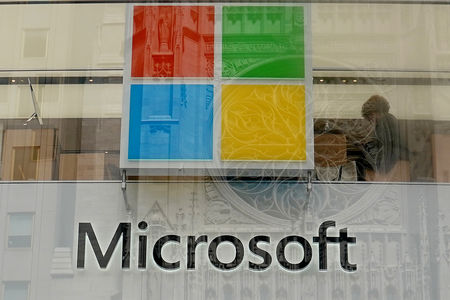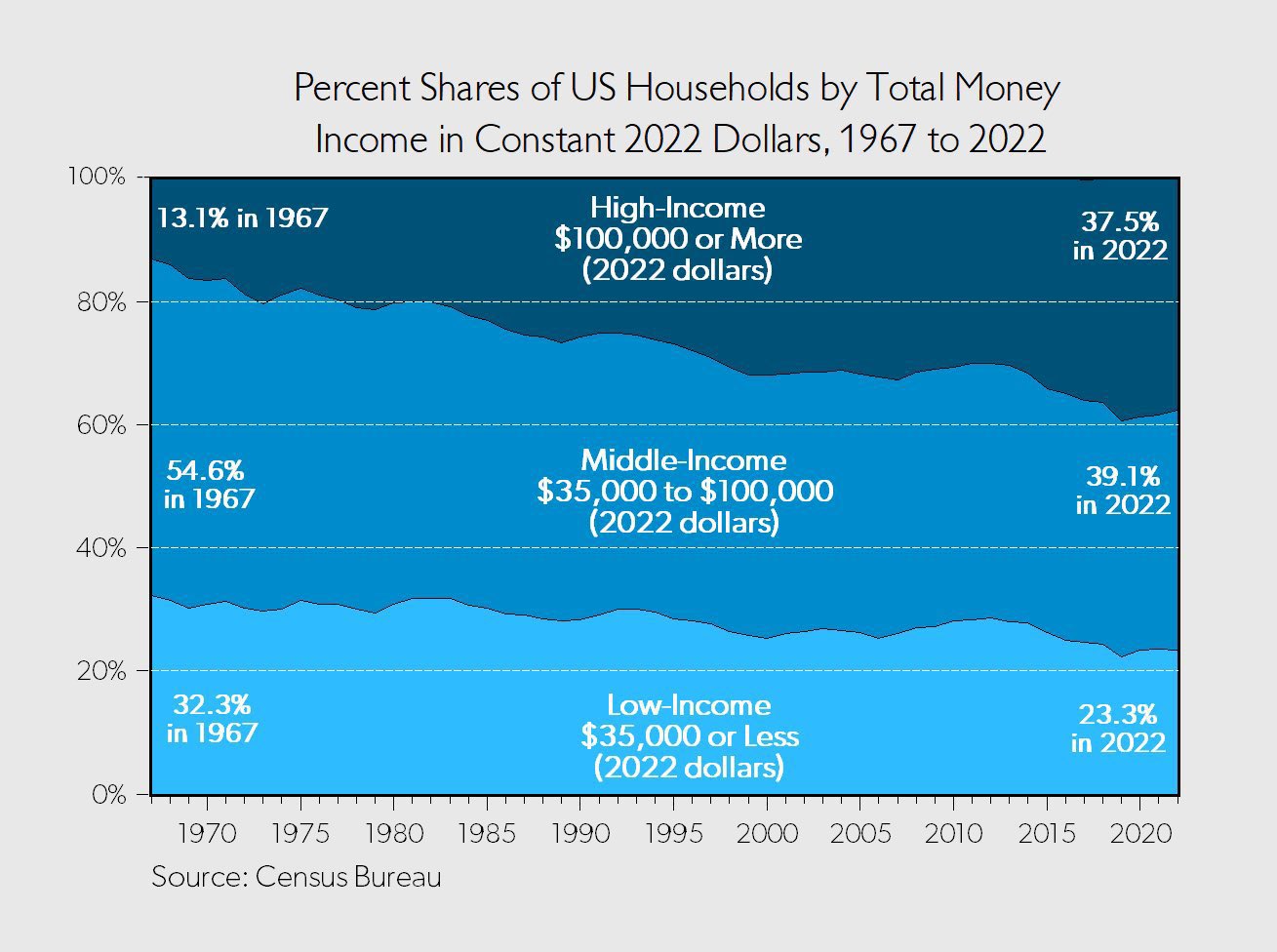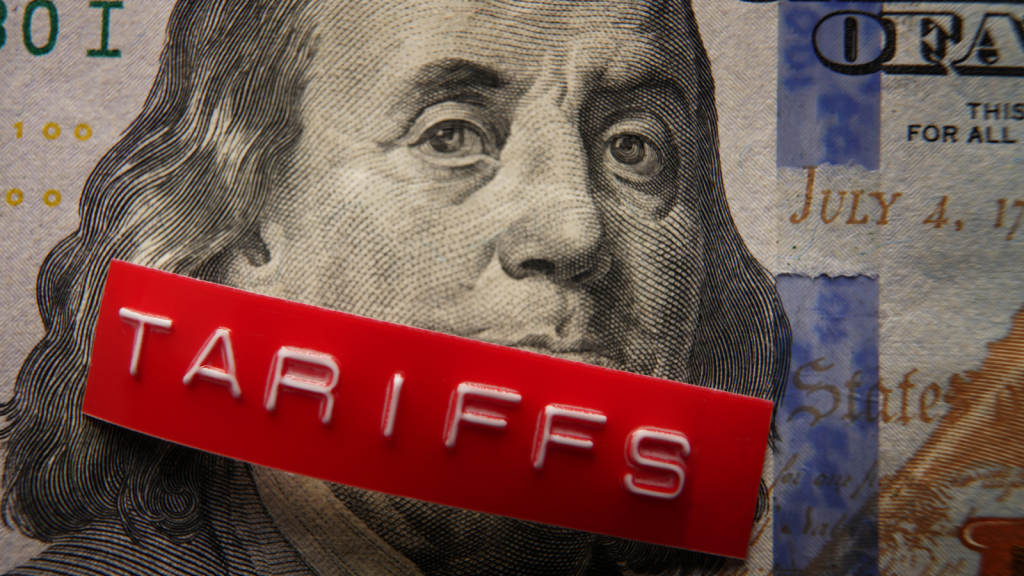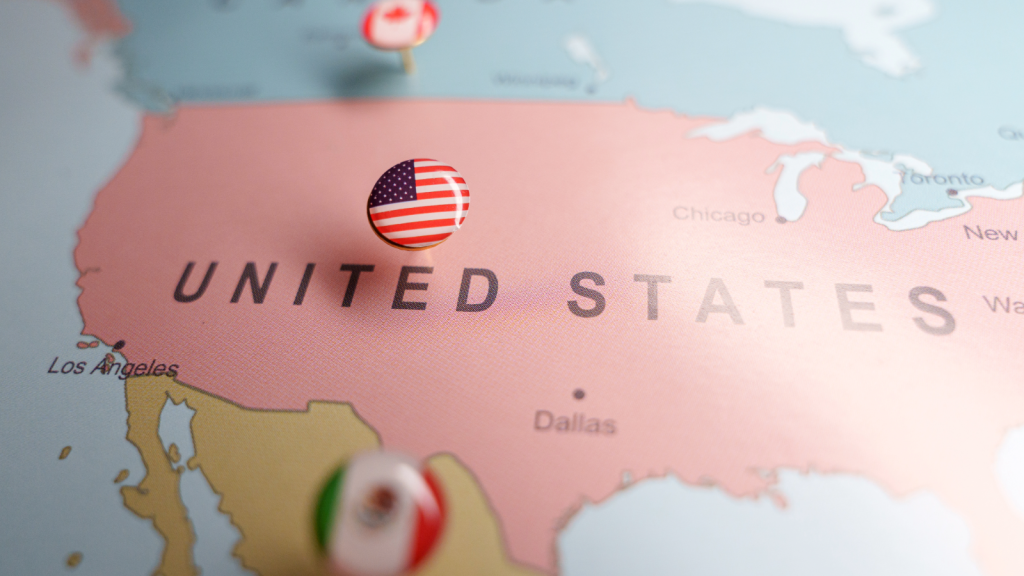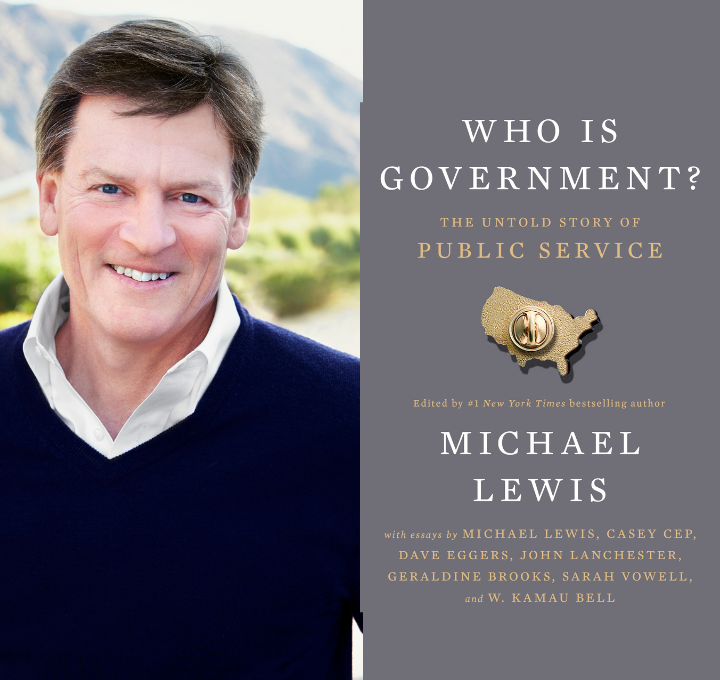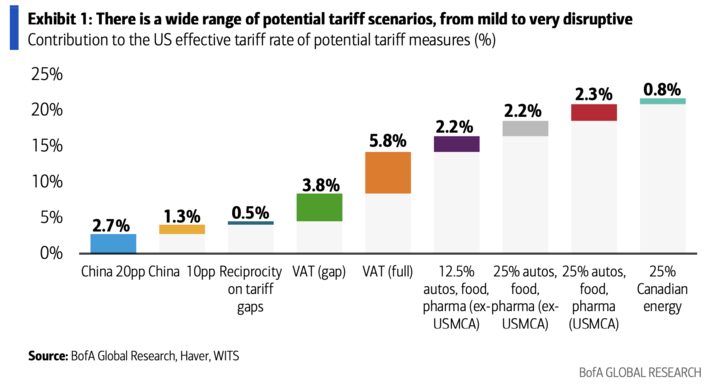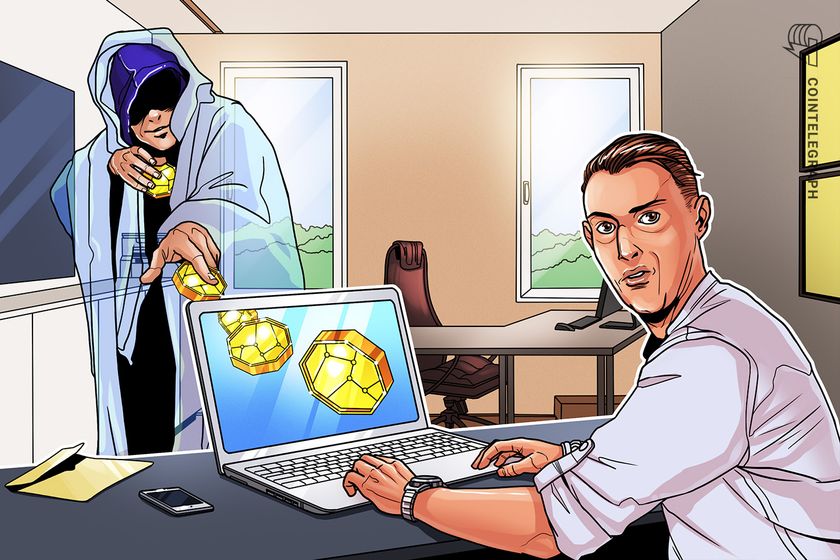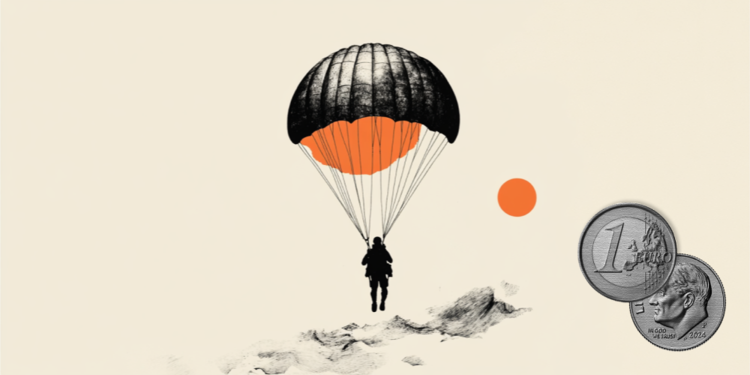The shingles vaccine could be the next best tool to prevent dementia, new study finds
Older adults may want to seek out the shingles vaccine if they already haven't.

Getting vaccinated for the viral illness shingles, which causes a painful rash, could potentially be the next best tool in preventing dementia, a new study published in Nature finds. The research, led by Stanford Medicine, found that among Welsh older adults, those who received the shingles vaccine were less likely to develop dementia over the next seven years than those who did not receive the vaccine.
The researchers studied the Wales shingles vaccination program that rolled out in 2013, where adults who were under 80 years old were eligible, but those who were 80 or older were not. They analyzed health records of over 280,000 adults ages 71 to 88 years old who did not have dementia at the time of the program, focusing on those closest to either side of the eligibility threshold—comparing people who turned 80 in the week before the rollout with those who turned 80 in the week after.
Over the next seven years, researchers followed the participants’ health outcomes to see who developed dementia. By 2020, one in eight of the participants—at that point ages 86 and 87—had been diagnosed with dementia. But those who received the shingles vaccine were 20% less likely to develop dementia than those who didn’t.
“It was a really striking finding,” senior author Pascal Geldsetzer said in the press release. “This huge protective signal was there, any which way you looked at the data.”
The study also showed that vaccinated women had more pronounced protection from dementia than men. Geldsetzer pointed out that this could be because of natural sex differences in immune response and how dementia develops. For instance, women typically have higher antibody responses to vaccination, and shingles is more common in women than in men.
It is also important to note that adults who get vaccines also tend to have other healthy habits that help prevent dementia, such as exercising and eating a healthy diet.
The study's researchers explored other variables that might have influenced dementia risk, but found none. For example, there was no difference in education levels between those eligible and ineligible, and those who were eligible were not more likely to get other vaccinations or preventive treatments. They were also just as likely to be diagnosed with other health conditions such as diabetes, heart disease, and cancer.
The only difference they found between the two groups was the drop in dementia diagnoses.
The findings support the idea that viruses that affect the nervous system, like shingles, can increase the risk of dementia. And with more research, medical providers may be closer to an effective preventive intervention for dementia.
What is shingles?
Shingles, or herpes zoster, is a painful rash illness that affects the nervous system. It develops in people who have previously had chickenpox—caused by the varicella-zoster virus—when that virus reactivates in the body. The Centers for Disease Control and Prevention estimates that 1 in 3 adults in the U.S. will have shingles in their lifetime, and one million people develop it every year.
People with shingles will usually experience a painful, itchy, or tingly rash on one side of their body. The virus can lead to long-term complications like nerve pain and vision loss.
Anyone who has ever had chickenpox—which the CDC estimates is more than 99% of Americans born before 1980—is at risk of developing shingles. Adults over 50 are now urged to get a newer, more effective vaccine than the one from the study.
Does shingles raise your risk of dementia?
A previous study also found that shingles could raise someone’s risk of dementia by about 20%, according to findings from August 2024 published in Alzheimer’s Research & Therapy.
Because shingles is a virus that impacts the nervous system, researchers believe that it could contribute to cognitive decline from neuroinflammation, inflammation of the blood vessels in the brain—which causes clots and impedes blood flow—direct neuron damage, and the activation of other herpesviruses like herpes simplex virus type 1, which has also been linked to increased risk of dementia.
To decrease your risk of shingles, the CDC recommends adults 50 and older receive two doses of recombinant zoster vaccine (RZV, Shingrix) to prevent shingles and related complications. They also recommend Shingrix for adults 19 years and older who have weakened immune systems because of disease or therapy.
For more on dementia:
- Medicare has a new pilot program to help people with dementia. Here’s how it works
- These 5 lifestyle changes improved brain function for those with early Alzheimer’s
- A caregivers guide to dementia: How to take care of yourself and support a loved one with dementia
- How a ‘brain coach’ might help you beat the odds of developing dementia
This story was originally featured on Fortune.com

